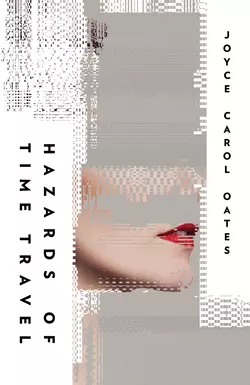Hazards of Time Travel

Joyce Oates
Тип: электронная книга
Жанр: Современная зарубежная литература
Язык: на английском языке
Стоимость: 1566.82 ₽
Статус: В продаже
Издательство: HarperCollins
Дата публикации: 16.04.2024
Отзывы: Пока нет Добавить отзыв
О книге: An ingenious dystopian novel of one young woman’s resistance against the constraints of an oppressive societyWhen a recklessly idealistic girl in a dystopian future society dares to test the perimeters of her tightly controlled world, she is punished by being sent back in time to a region of North America – ‘Wainscotia, Wisconsin’ – that existed eighty years before. Cast adrift in time in this idyllic Midwestern town, she is set upon a course of ‘rehabilitation’ – but she falls in love with a fellow exile and starts to question the constraints of her new existence, with results that are both devastating and liberating.Arresting and visionary, Hazards of Time Travel is an exquisitely wrought love story, a novel of harrowing discovery – and an oblique but powerful response to our current political climate.